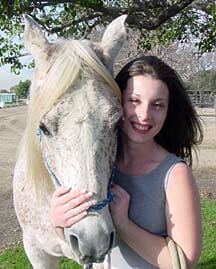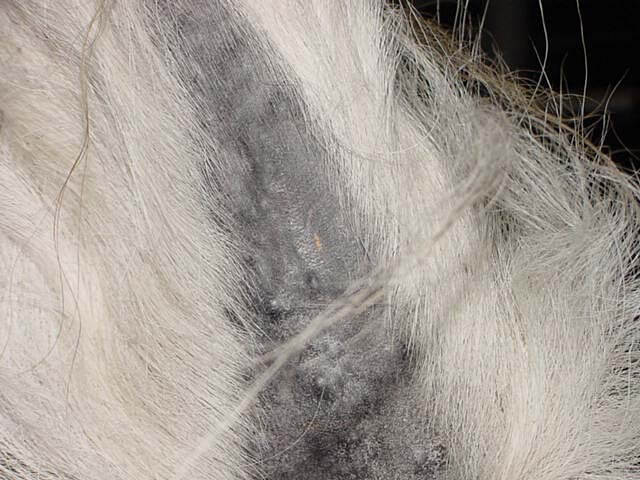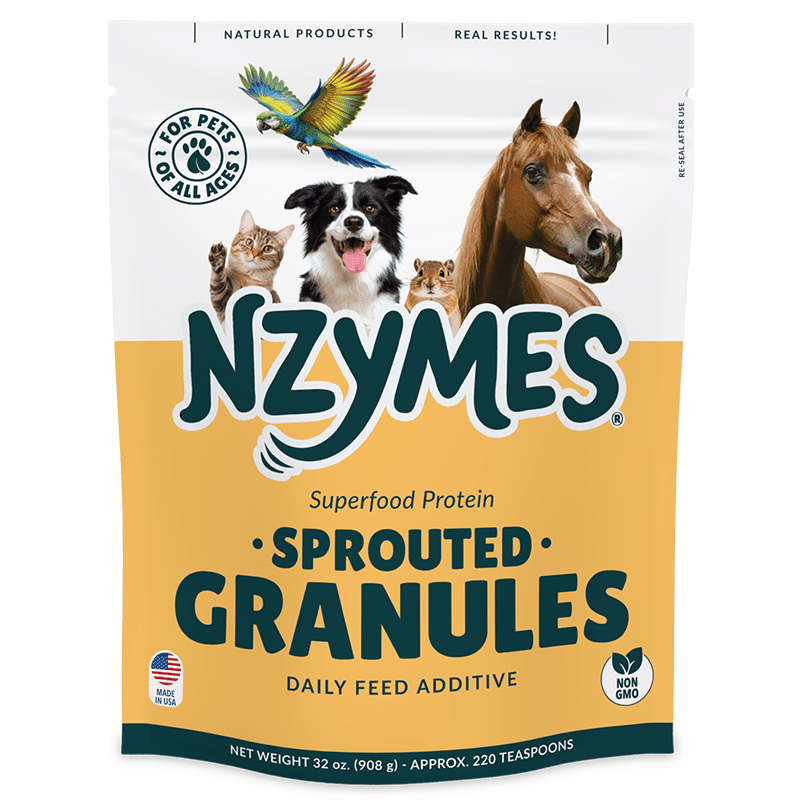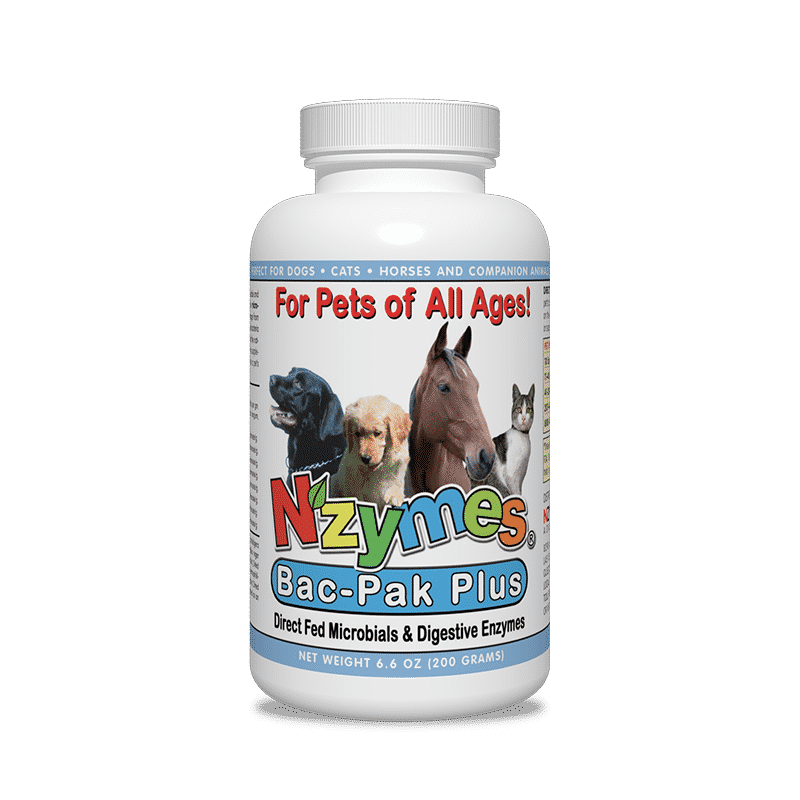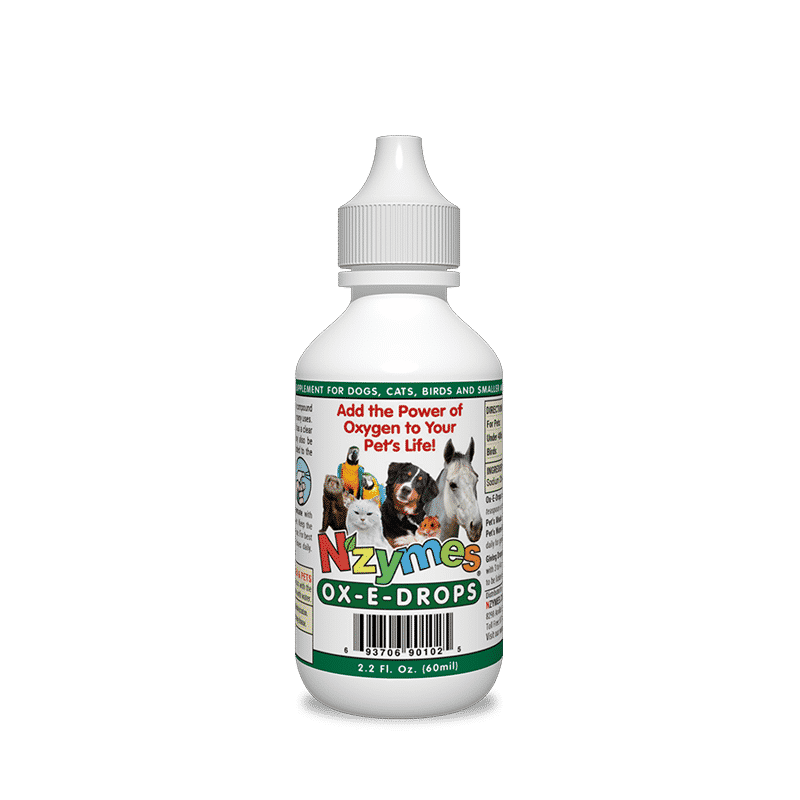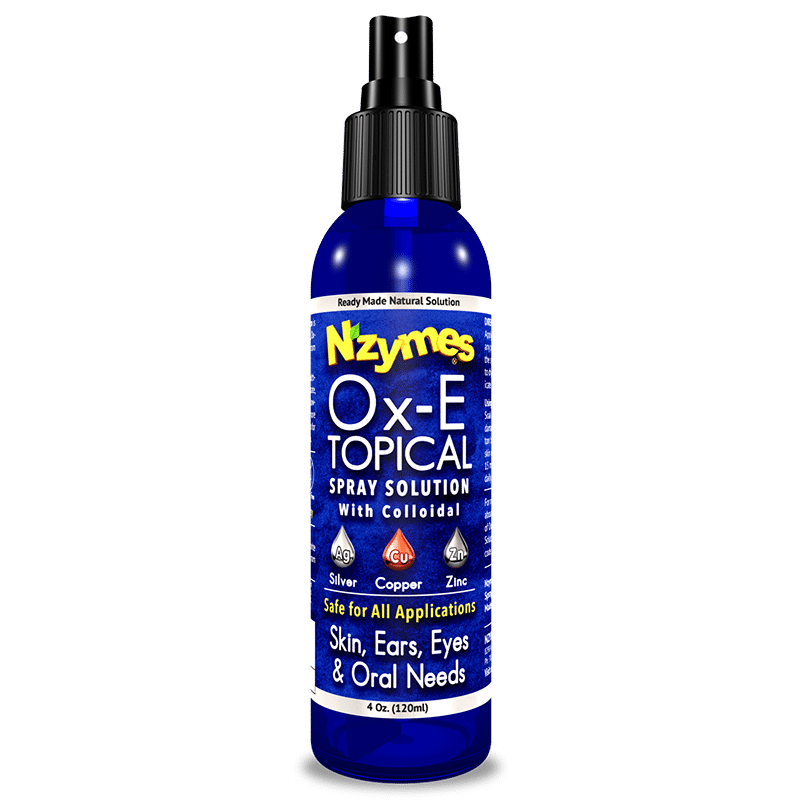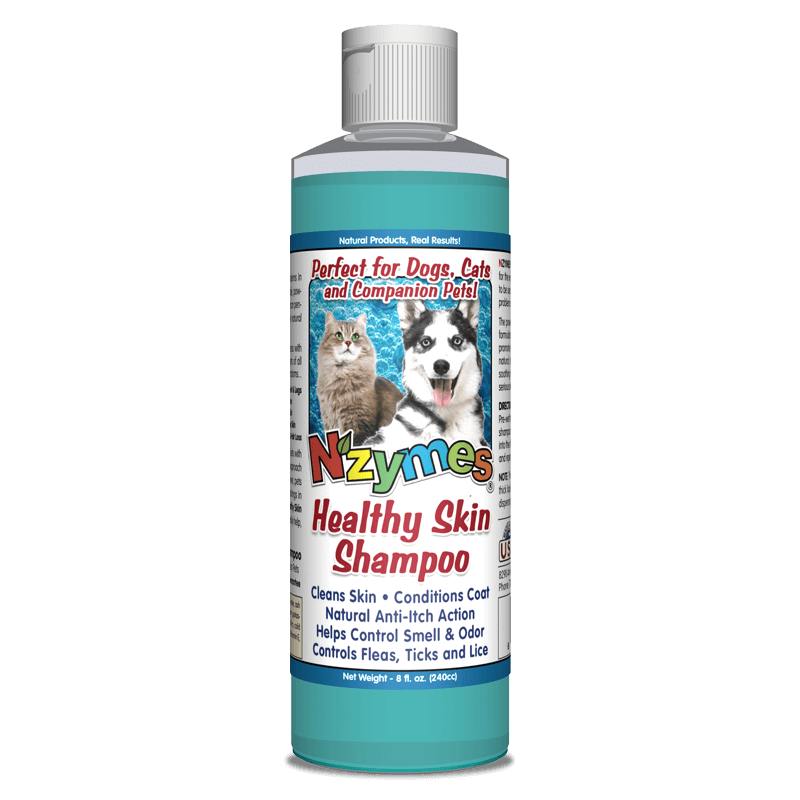A Testimonial and Advice Article by Rachel Kitts
Over the years of investigating nutrition for horses, I have learned quite a bit. Especially when it comes to having a gray horse with the dreaded “M” word… “Melanoma”. That word can strike fear into the hearts of gray horse owners all over the United States. Just like with humans and other mammals, they can be malignant or benign. Usually, when a melanoma is removed by a vet and tests are done, they are harmless (benign); yet, for some reason, they always seem to return. Not to mention that when they do return, it seems like they are more aggressive and seem to metastasize sooner, spreading more bad cells throughout the body.
Through my own personal studies, I have found a particular feeding regimen combined with Nzymes® products that have either halted the formation of new melanomas, made the melanomas dry up and fall off, or to shrink in size and fade away.
Melanomas? What’s Really Involved?
Not all cases of melanomas are the same, just as in humans with cancer. Some cases are more aggressive causing huge explosions in an area distorting the skin, or it can simply be tiny pea-sized polyps. Whatever your case might be, it can be a tad unnerving to know your horse potentially could develop a fatal situation.
The cause for these equine melanomas is still stumping veterinarians. They generally rely on just leaving them alone, removing them, or injecting drugs into a melanoma to see if it will go away. To me, that is not right because they are treating a symptom and not the problem directly. There had to be an initial problem or imbalance in the body first to allow bad cells to proliferate.
Throughout my research, it became blatantly obvious that it has to do with the weakened immune system. And since “You are what you eat!”, it makes sense that if you need to strengthen the immune system, then better nutrition has to play a major role in their recovery.
How Does UV Radiation Contribute to Melanomas?
A lot of people believe that melanomas are caused by the sun’s rays. Yes, stresses like UV radiation can play a significant role in the development of melanomas for animals with naturally weakened immune systems (white and gray horses, albino dogs, cats, and even rats). UV radiation alone is responsible for much of the increased free radical activity and cellular decay of all our bodies. And any cellular decay leads to more complicated health problems. Free radicals help to cause cancer by changing the genetic material, RNA, and DNA of the cell.
Radiation damage sounds logical as horses are exposed to the elements each day. But research has found that this may not be the total reason, especially in gray horses. Mainly because the formation of the lumps often develops on parts of the body that receive little or no exposure. Some examples of places typical of lumps are the crest of the mane, under the tail, around the anus, the sheath of male horses, around the vulva of mares, around the eyes and inside the mouth to list a few. Then, of course, they can just pop up anywhere throughout the rest of the body as well.
Another interesting thing that also supports my opinion on melanomas being caused by stress, combined with a weakened immune system, is the fact that the first horse I helped with melanomas (Trinket) had just recently given birth to a foal and that’s when her problems got very bad. The area under her tail developed huge masses not too long after birthing. It did shrink significantly after 2 months of using the Nzymes® Granules. This is one reason I include Nzymes Antioxidant Granules in my regular daily diet for all my animals.
Nzymes® support the body in such a wide variety of ways that I never cease to be amazed. Over the years, our family has witnessed the results of using the Antioxidant Treats and Granules with our dogs, cats, and horses; all of which were suffering from various maladies and health problems. In almost every case we know of, there has been a significant improvement; as in this case of melanomas on my horse named TRINKET. I can say that, at the very least, we’ve seen a distinct improvement in body tone, coat, and hair growth in all our pets.
Nzymes provides a statement explaining that there are sound, physiological reasons for why this is so: First and foremost, the body’s natural production of Metabolic (antioxidant enzymes) like SuperOxide Dismutase (SOD) along with its counterpart ‘Catalase’ and others like Glutathione Peroxidase and Methionine Reductase are greatly enhanced with Nzymes® powerful Soy Sprout formula. These antioxidant enzymes play a key role in the detoxification of the cellular structure of the body.
The Feed Progam I Developed for My Horses: Overview
Through trial and error over years and experimenting on my own gray horses I have found that feed, supplements and physical activity each play a huge role in how horses deal and develop melanomas. What I am about to share with you is something I have tried, and suggest to people dealing with melanoma issues; BUT, this feed-plan is not just for horses with melanomas. This can be useful for regular every-day (healthy) pleasure horses as well. Open Printable Version
Sugar Is A No-No!
Because melanoma thrives off of sugars, starchy carbohydrates, and excessive protein, these are all things that need to be eliminated from the diet. Sweet feeds are totally out of the question. I do not believe in Senior feeds in the least. They are full of fillers and sugars to make them palatable to the horse. I feel that the sugar in the product gives the horse a false high making it seem as though the horse’s physical condition has improved.
I have an older gelding and I refuse to feed senior feed. He happens to be a flea-bitten gray Arabian that had melanomas when I adopted him from TIER Rescue. Since I have had him, one melanoma on his leg erupted and over a course of a couple weeks dried up and fell off. I feel because I have him on a double dose of the Nzymes Granules and sprayed the area with a 2% solution of the OX-E-Drops daily, both contributed to the body recovering by itself.
Carrots, apples and horse cookies can also be an enemy to gray horses. They all contain sugar and can also contribute to melanomas. If you give your horse carrots make sure it’s in small doses. Believe it or not, if you give carrots and apples in large amounts you could be killing your horse with kindness. Other alternatives to treats are broccoli, spinach, cauliflower, dandy lion greens and other green vegetables. My horses happen to like all of those suggestions.
Alfalfa hay is a legume hay and is very rich. I consider it cow feed, even if the grower cuts lower protein level hay. Even at a lesser level, it’s still far too high for a horse to eat. It can lead to many serious health issues if used as a primary feed, including laminitis/founder, stones, colic, or tie-up; and it contributes to the growth of melanomas. Not only can it cause physical issues, but also since it can be considered a “hot” feed, I have noticed unnecessary behavioral issues. Horses tend to take much longer to get into a working mindset and it takes more physical activity to tire them so you are not riding on a 4-legged rocket! Keep in mind, this is a pleasure horse. Horses in highly physical sports or a mare in foal or lactating have different needs. That’s when I might suggest adding some alfalfa into the diet for supplemental purposes and variety. Those circumstances are really the only time I would feel ok with feeding alfalfa.
Better choices of feeds that I feel are safe to feed are grass hays. Here on the West Coast, some choices consist of Timothy, Orchard and Oat to list a few. I consider these very good forage sources that are needed to keep horses happy. Easy to digest and lower in protein is far safer for horses to eat for the main diet. If you choose to go to an all grass hay diet you will need to offer supplements in order to maintain the proper body balance.
The Following Is My Current Feeding Program:
Main Forage:
-
- Timothy Hay – preferred brand, Orchard and Oats – in a small amount – added for variety.
Supplements:
-
- Nzymes Antioxidant Granules – Nutritional support and natural Immune system booster.
- Nzymes BacPaK Plus – This powerful digestive enzyme and probiotic blend is used to help to restore good bacteria back to the gut and the balancing of the animals pH. It is also very important for better digestion and can help with upset stomachs.
- Pure C by VitaFlex for pure Vitamin C – Pure Vitamin C has some very large benefits to combating melanoma.
- Flaxseed – Whole seeds soaked NOT ground or dry. Soaking brings out the nutrients and also keeps the intestines and colon clean.
- Garlic – Help naturally keep intestinal parasites under control and can detour flies from biting.
- Source – This is a great supplement to get kelp meal. Kelp has many health benefits in horses and people as it is packed with nutrients.
How I Feed It…
We mix these supplements into a wet mash of hay pellets. We use Mountain Sunrise brand. It’s a 100% Timothy pellet that turns to a mash if enough water is added. We add all the supplements; let it sit for 10-20 minutes, then serve in a large rubber dish or bucket, and our horses are in heaven. They LOVE their mashes we make for them. It’s easy this way so you know the horse is ingesting all of the supplements you are giving, and they have something to look forward to every night.
One last thing we strongly suggest is getting natural salts and minerals to offer a free choice to horses. We buy a brand by the name of Redmond Salts/Minerals and they are all-natural, right out of the ground. Mineral blocks, I have come to find out, are useless; as they are man-made and don’t offer what most horses are needing/lacking. We have had great success with these minerals.
This recommended feeding program is based on my own personal experience and opinions with my horses as well as other people that have come to me with melanoma issues. It has proven to be successful thus far. As said earlier – not all cases are the same. Some horses improve faster than others do because every ‘body’ is different.
Thank you for reading up on my melanoma management-feeding program. Nzymes® can truly make a difference in your horse. If you would like more information on Natural Horse Care, I suggest Pat Colby’s book which addresses melanomas along with various other illnesses that plague the horse industry. It’s worth giving a look.
I hope this information can help you with similar conditions.
Rachell Kitts

